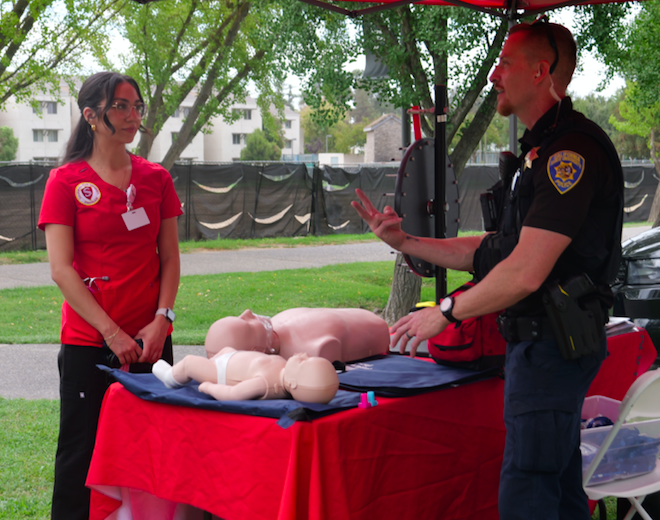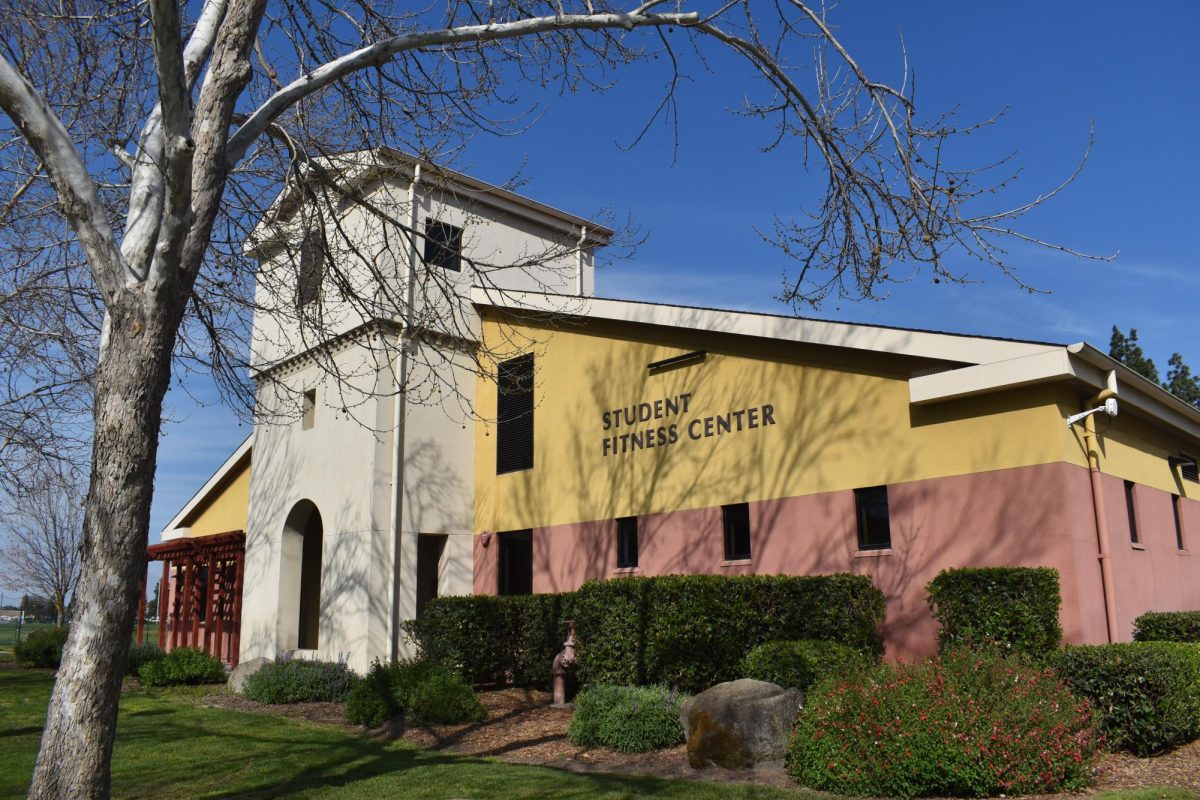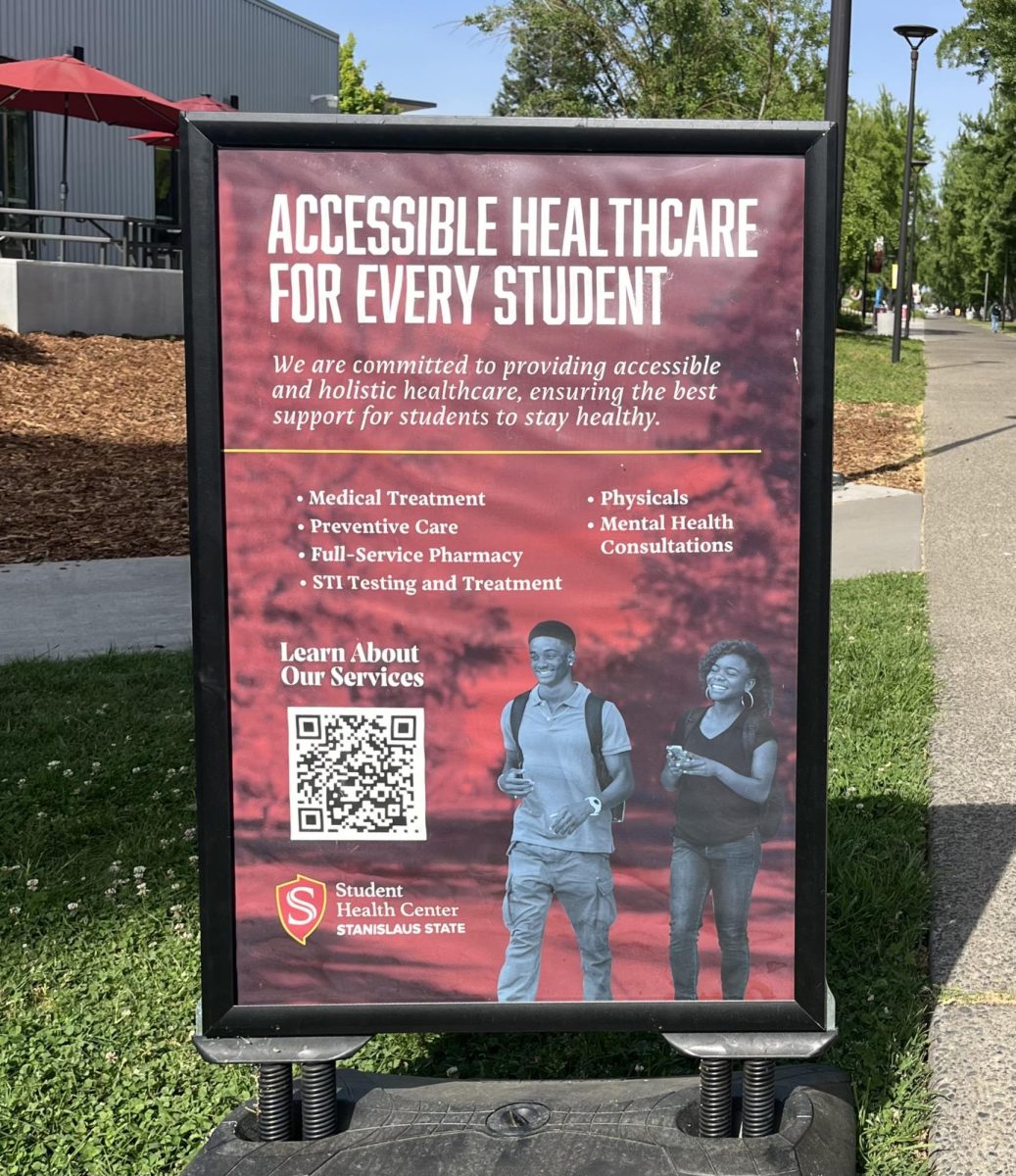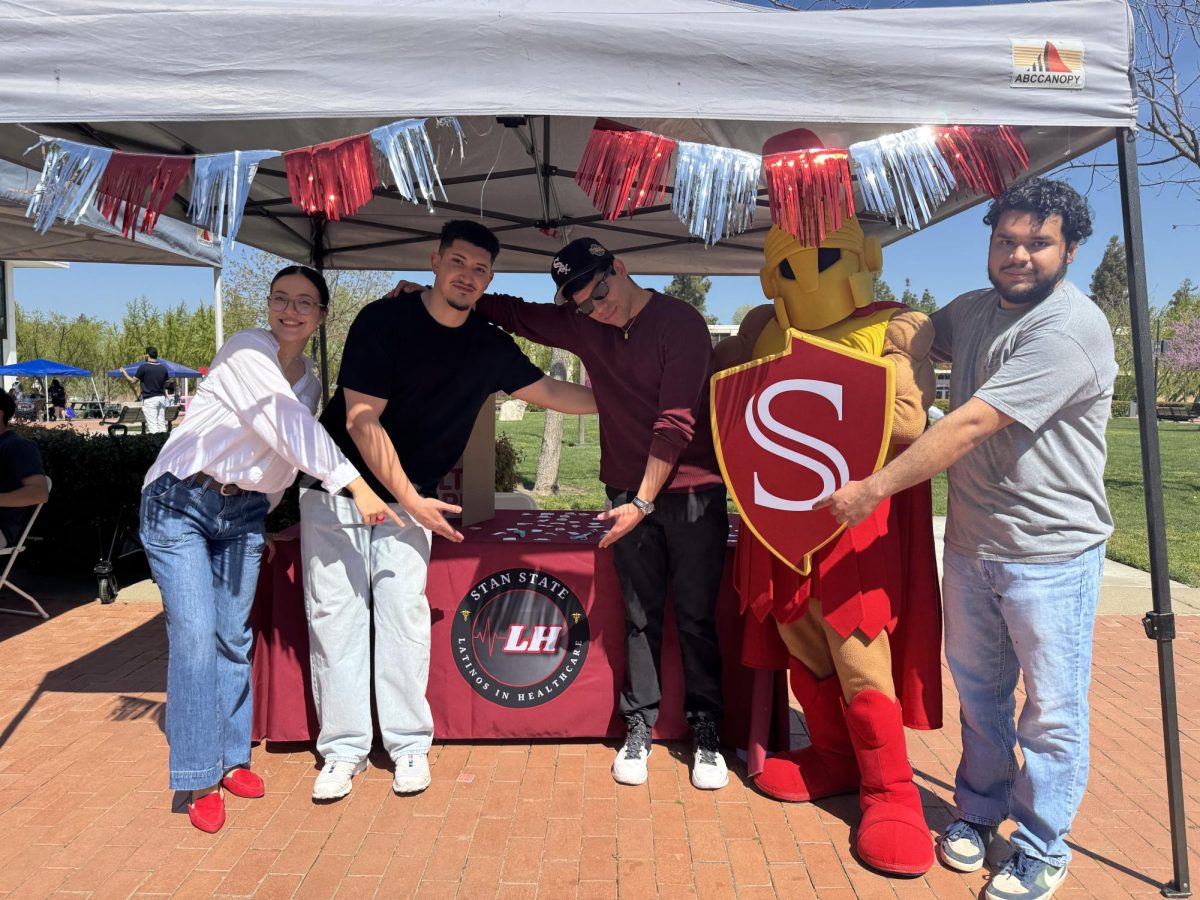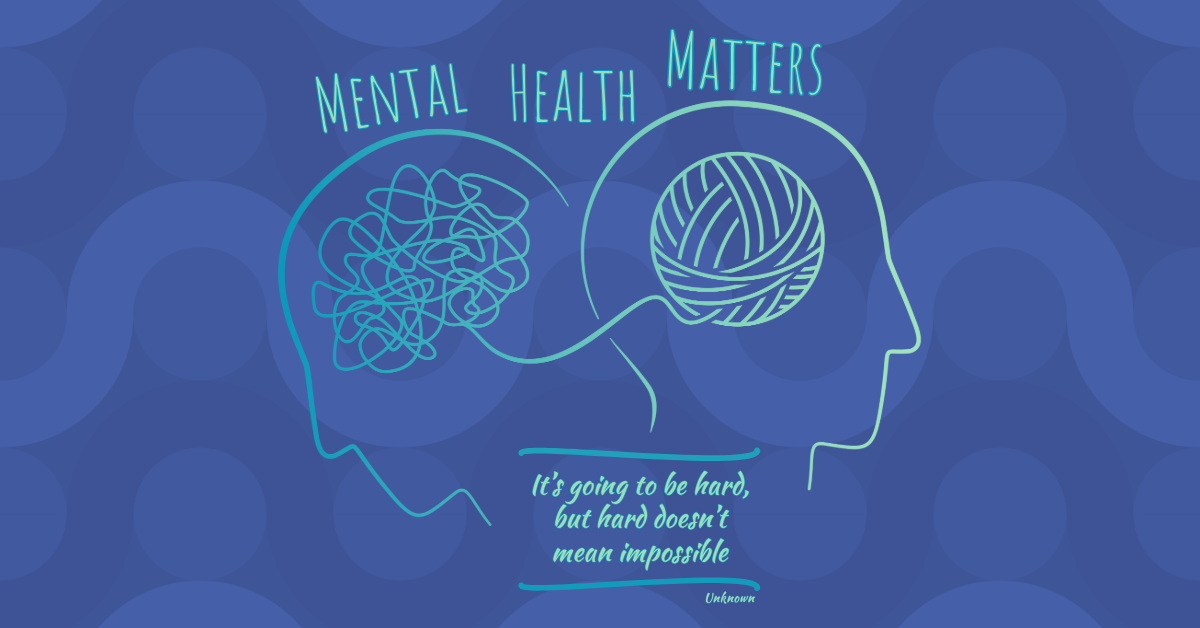For students, feeling alone and overwhelmed with the struggles of daily life can be some of the worst experiences. When it comes to struggling with depression, stress, anxiety and other things, acknowledgment of personal mental health and how individuals treat themselves can be extremely important.
Managing Emotions and Self-Compassion are open process groups hosted by the Stanislaus State Psychological Counseling Services (PCS) and can be great opportunities for students to receive professional help, advice or to connect with other students.
These groups meet one to two times per month on Zoom and are designed to provide a safe space for students to talk, listen and share advice on improving mental health.
Amanda Peterson and Jennifer Staffero are two of Stanislaus State’s licensed therapists available to students through the Psychological Counseling Services, as well as two of the presenters for Managing Emotions and Self-Compassion.
Managing Emotions has been offered since the transition to fully online first began.
“Andrea and I joined PCS a year ago, and in being asked what our interests are, we agreed we liked the idea of an open process group,” said Peterson when asked how she and Andrea Perkins, a licensed clinical social worker, first began the Managing Emotions group.
“Process groups are a great way to connect with others and I was so excited to do this with college students,” Peterson continued.
The group meetings are usually an hour long; therapists introduce themselves and the structure of the group, have a check-in with everyone, then proceed to open the room to anyone who wants to share any issues, stressors or other emotional responses.
“Depending on what is shared a few things can be expected. Facilitators may ask if the person is open to feedback from the group, others may share their experiences in how they relate, or the therapist may provide interventions or feedback,” Peterson explained.
The Self-Compassion group first began as a workshop in person; once the transition to fully online began, Staffero and fellow licensed therapist, Julia Rosas-Nieto, began hosting a monthly meeting on Zoom.
“We go over what self-compassion is and then we get into our practices,” said Staffero.
Staffero also stated that learning the practices of how to be more self-compassionate is what is most helpful for the students.
The Self-Compassion group is also an hour long. After a brief explanation of what self-compassion means, the group gets into the exercises planned for that session and then leads to further discussion about any issues that students may want to talk about.
“Our main goal is for students to be able to quiet that critical voice in their heads,” Staffero explained. “If you don’t work on that critical voice…. It could lead to a depressed mood and anxiety.”
Some people may struggle with expressing emotions or opening up to friends and family about their mental struggles. Managing Emotions and Self-Compassion offer the ability to talk with therapists and even hear possible feedback from other students right away.
“The main goal is to provide a safe space for students to talk about their stressors,” said Peterson. “We wanted each person to be free to join as their schedule permits, and to hopefully get some support and feedback from others who may be facing similar stressors. Indirectly, this can then help an individual work on their feelings about various situations.”
So, what can a student interested in attending the next meetings expect and look forward to? Peterson explained that students interested in attending the Managing Emotions group should be ready to participate, have their cameras turned on, and be open to hearing other students’ experiences.
Staffero also explained that students interested in attending Self-Compassion should look forward to doing practices and taking a self-compassion quiz to see how kind they are to themselves.
The most intriguing factor to these groups is that they are new every time. Some groups may have the same people from a previous meeting, others may have completely new faces. However, the topics and discussions are different and unique each meeting.
As students, keeping our mental health on track is extremely important to make sure we can be successful in everything we do. One of the most important factors to mental health is how we are with ourselves; the way individuals treat themselves is crucial to handling all of our emotional and mental mishaps. The good news is, nobody is ever alone in these mental struggles.
The remaining meetings for the Managing Emotions group will be held on November 18, December 2 and December 9, all from 2 to 3 p.m. For more information on Managing Emotions visit the Stanislaus State University events page.
The remaining meetings for the Self-Compassion group will be held on November 10 and December 1 from 2 to 3 p.m. More information on Self-Compassion can also be found on the Stanislaus State University events page.
To receive more information about the Stanislaus State Psychological Counseling Services, visit their webpage.


